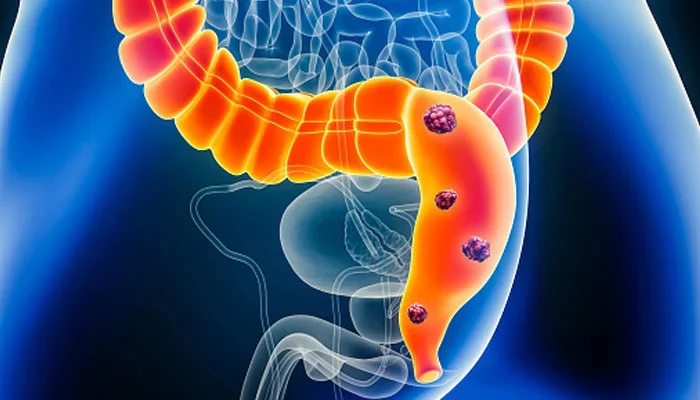Cancer is considered one of the worst diseases, and it is sometimes detected when it is at its most advanced stage. Patients frequently ignore the symptoms of various ailments until the situation becomes life-threatening.
At that point, the patient’s chances of life are significantly reduced, not to mention the challenges and anguish he or she experiences.
There are various types of cancers based on human organs, with bowel cancer being the most common in Great Britain.
According to estimates, colorectal cancer affects 11% of the population in the United Kingdom and has a high death rate, killing roughly 16,000 individuals each year.
Monitor these symptoms to ensure your safety.
Charles Evans, a specialist colorectal surgeon at Wellington Hospital, has raised concerns about several easily overlooked indications of bowel cancer.
He told the newspaper: “Some of the most common symptoms of colorectal cancer are often mistaken for other conditions, which can lead to patients delaying getting them checked out by their GP or even being ignored completely.”
He urged that individuals keep an eye on the following signs:
A change in bowel habits
Cramping, stomach pain, or bloating
Rectal bleeding
Bowel habits change
This is the easily overlooked symptom that is misinterpreted for irritable bowel syndrome (IBS).
Charles went on to explain: “Mucus in your stool or feeling as if you haven’t finished a bowel movement are often associated with IBS,” which is why a persistent change in how often you go to the toilet, such as experiencing diarrhoea, constipation, or a notable shift in stool appearance, can sometimes lead people to think they are suffering from a digestive condition such as IBS.”
He went on to say, “If you’re concerned about these changes, especially if they are persistent, you should contact your GP about getting a stool test.”
Charles went on to say that “hormonal changes in women in the lead up to and during their period can also cause same symptoms,” but that “they could also be a sign of colorectal cancer,
So it’s critical to seek medical attention if these symptoms linger beyond what’s typical for everyday stomach problems.”
He advised inspecting feces for bleeding on a regular basis.
“There are numerous harmless causes of bleeding, including diverticular disease [small pockets in the inner lining of the colon], haemorrhoids [piles], or a small tear in the opening of the anus,” Charles said.
He advised that if you find blood in your stool, get yourself checked.







